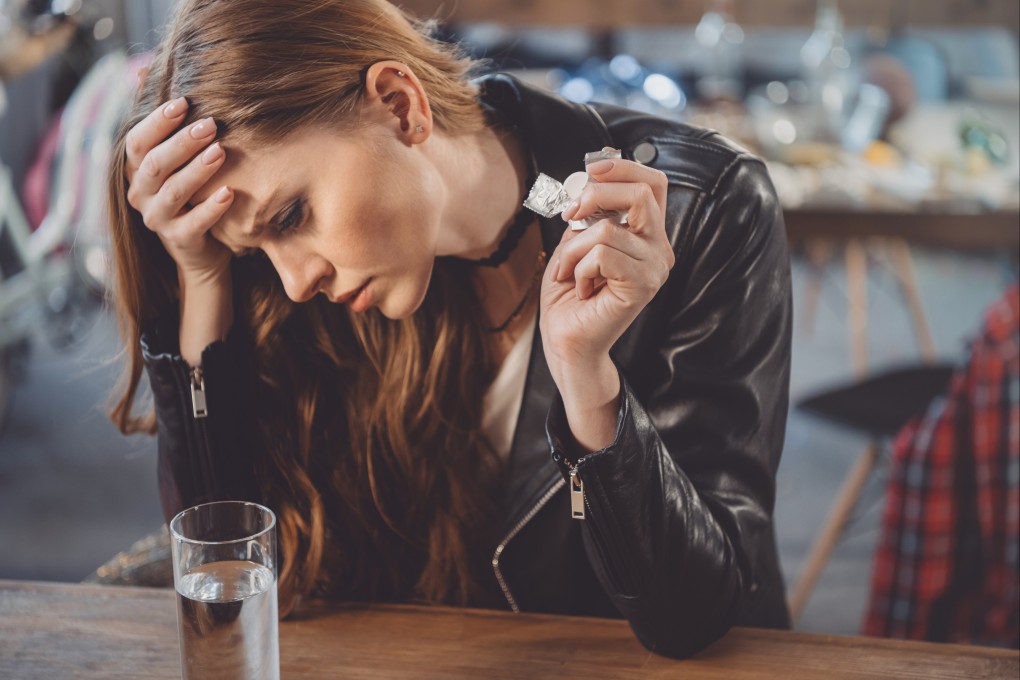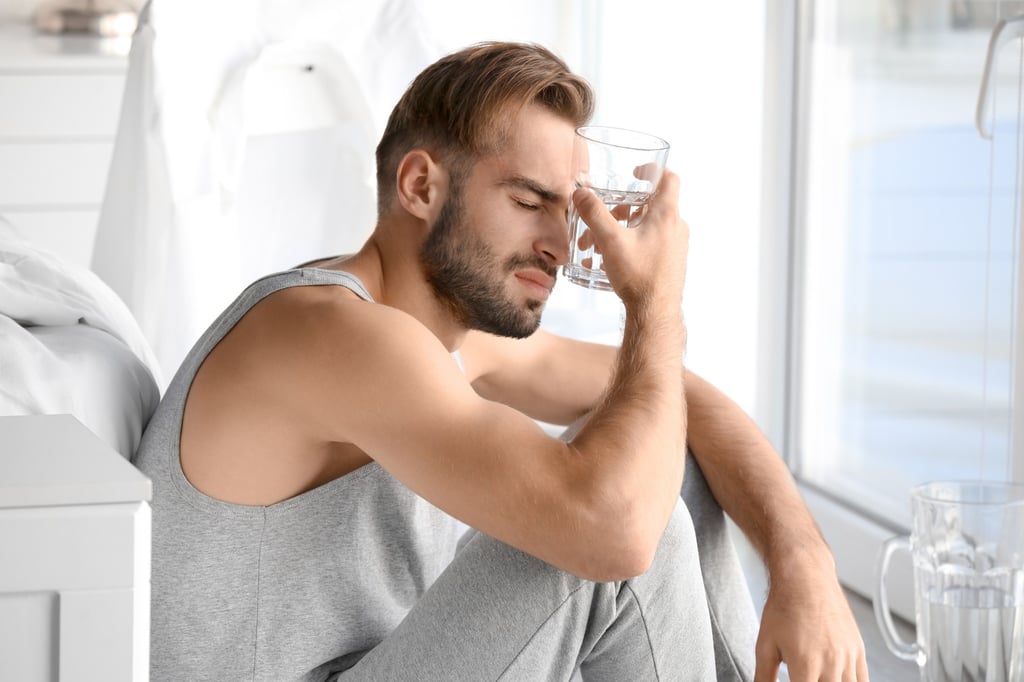A hangover and anxiety? You’ve got ‘hangxiety’. Why your heart races and your mood plunges after heavy drinking, and how to head it off
- Your body trying to ‘reset’ the morning after a big night of drinking can put your mood on a roller coaster, and perhaps leave you with a rapidly beating heart
- To suffer less, practise self-care before a big night out; drink less alcohol, especially sugar-loaded cocktails that cause an energy crash; have a dry January

Have you ever experienced a rapid heartbeat and untraceable melancholy after a night of drinking? It’s a state dubbed “hangxiety”, an uncomfortable set of feelings that can make a hangover feel like a mental health tug of war.
If Advil and fried food ease the physical ramifications of one too many tequila sodas, what can help ease the mind?
Here’s what experts have to say about what causes “hangxiety” and how you can blunt its effects.
What is ‘hangxiety’?

“Hangxiety” is the mash-up term pop culture has given to that feeling of anxiety or sadness that can follow an evening of heavy drinking.
“It’s this feeling of overwhelming anxiety, of doom,” says Dr Akhil Anand, an addiction psychiatrist at the Cleveland Clinic in Rochester, in the US.
“It’s not only psychological, but also physical. You get a racing heart. You get uneasy butterflies in your stomach. You’re very fidgety.”
Anecdotally, he says, nearly a quarter of his patients report experiencing “hangxiety”.